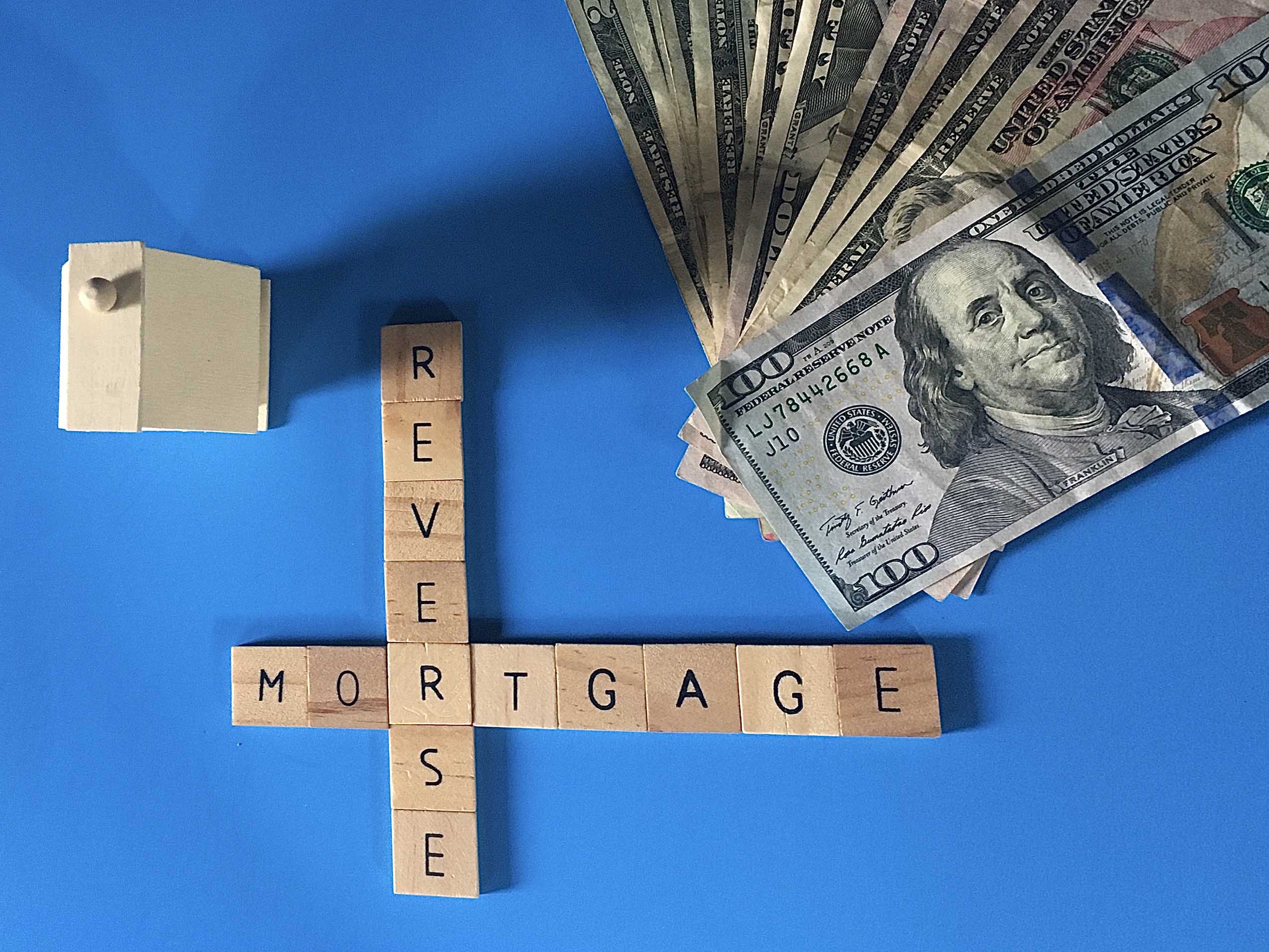To Sell or Not to Sell?
Each month, my team and I provide complimentary local home value estimates for nearly a dozen homeowners. Many of these owners just want a rough idea of value as part of their overall financial picture for future plans. Others are simply curious what their home might be worth now. However, at least a few are seriously considering selling their homes so they can move closer to family or buy a place that will be easier to live in and maintain.
The decision to not sell is often related to their desire to retain as much after-taxes equity in the home for their children to inherit, which would then give the heirs a “stepped-up” basis for capital gains purposes in the future.
These owners decide they would rather continue living in a home that is no longer suitable for them, primarily to avoid paying taxes of approximately 25% of the capital gains that would be due in the following tax year.
Not Selling Due to Taxes
One consequence of this decision is they may have all of their financial net worth tied up in that property, and see few options for ways to free up some of that value to provide liquidity to cover increasing daily expenses. Some people have told me that they feel “house rich” and everything else poor.
Whenever possible, I like to point out alternative solutions to doing a “reverse mortgage” or to taking no action when a time comes that cash is needed. I also suggest that many owners in this situation do the math, and consider that the last 5 years has been a period that their home value has probably increased by 40%, an amount greater than the probable taxes that might be due if they were to sell their property.
The current tax codes allow for an exemption of $250,000-$500,000 as they are likely to qualify for, and most are aware that the tax rate for capital gains currently is lower than it once was and could become in the future.
Key Takeaway
It is unfortunate how often a decision is made based primarily on tax consequences rather than financial needs or personal lifestyle preferences, since there are other ways to view and approach the various factors involved.
That being said, it is always wise to consult with one’s tax advisor to better understand all of the issues that may pertain to the family’s specific situation.





